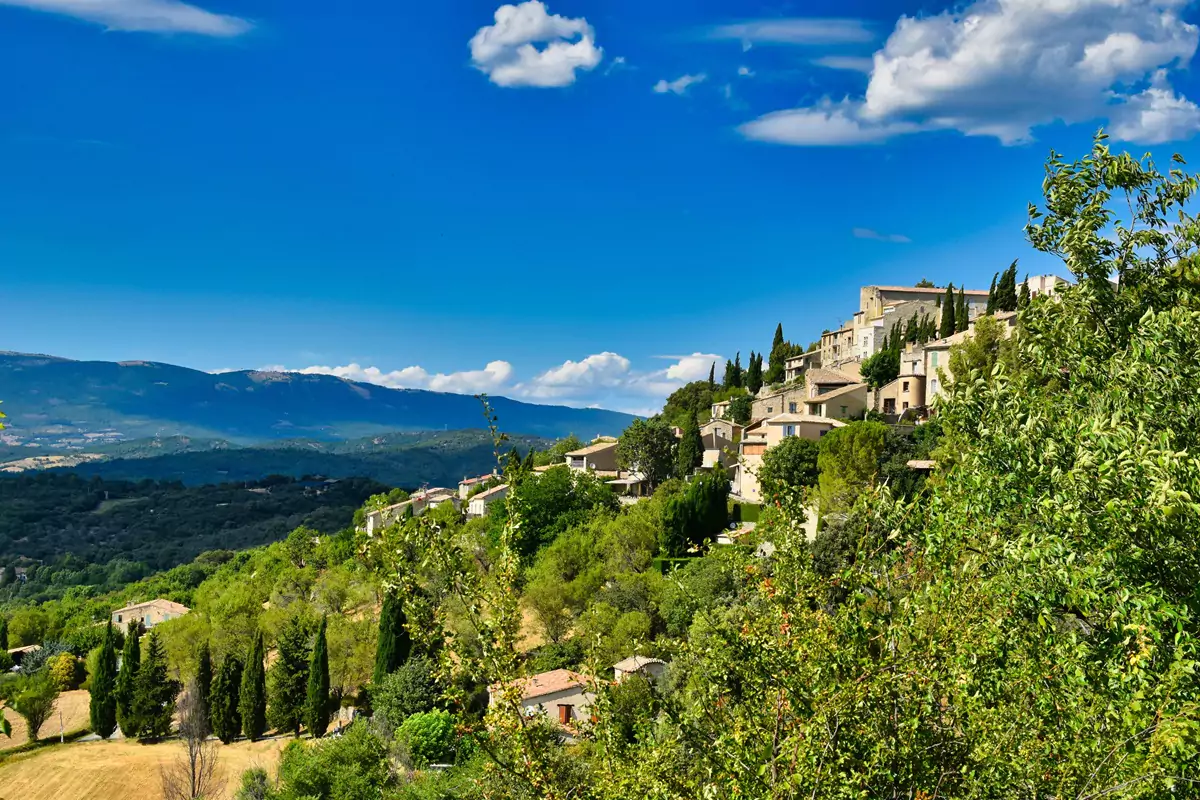France’s National Institute of Geographical and Forestry Information (IGN) has just launched a fascinating new map app, Cartes IGN, that allows the public to explore the nation’s countryside and cities while learning about the impacts of climate change and human activity on the territory. Here’s how it works.
The new Cartes IGN app combines real-time information with historical data to present the France of both today and yesteryear. It also highlights the changes brought about by climate change and human activities alongside numerous handy features.
Users can obtain turn-by-turn directions for both pedestrians and motorists by entering their starting point and destination, and choosing the route that suits them most.
It is also possible to compare maps and aerial views from different periods, dating back to the 1950s, to gain a better understanding of landscape transformations through urban expansion, agricultural development, deindustrialisation and environmental shifts.
The app provides detailed information about specific buildings, including their height and year of construction as well as points of interest. Users can even use the app to identify crop types in a field, tree species in a forest or whether a beach is sandy or pebbly.
Additionally, users can contribute to the accuracy of the application by reporting anomalies. If there are discrepancies between on-site observations and the cartographic representation, such as changes in the road network, new street names, construction or demolitions, users can inform the IGN directly via the app. This collaborative approach ensures that Cartes IGN remains up-to-date and reliable.
The Cartes IGN app is downloadable now from the app stores on Android and iOS mobile devices.
For more information, click here.
Read related:
Explore more than 120 worldwide destinations from Nice Côte d’Azur Airport this summer
Join the Monaco Life community – sign up for the Monaco Life newsletter, follow our Podcasts on Spotify, and check us out on Threads, Facebook, Instagram, LinkedIn and Tik Tok.
Photo source: Philippe Gras, Unsplash
